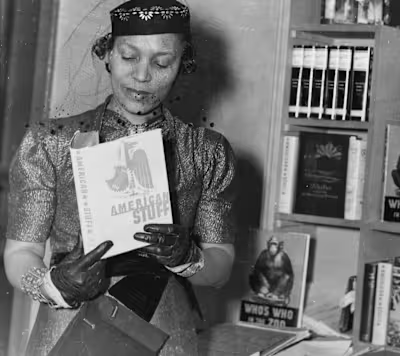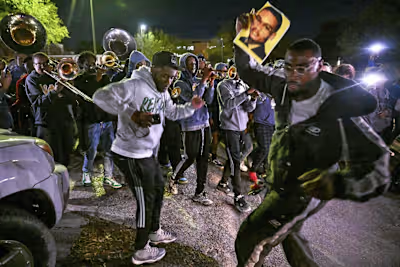The Impactful Life of Miss Major Griffin-Gracy
Miss Major Griffin-Gracy
A living legend both inside and outside of Ballroom culture, Miss Major Griffin-Gracy is a mother, elder, community leader, human rights activist, and organizer.
Born and raised in Chicago, Illinois, in the 1940s and coming out as a Queer person in the 50s came with challenges.
At the age of sixteen, she graduated from high school and attended college. “And I got kicked out of college for wearing dresses. And went back to Chicago. Then I tried to go to another college and ugh, couldn’t get along with anybody down there.”
According to Griffin-Gracy, crossdressing in Chicago was illegal and could land the “gurls” in a psychiatric institution.
“Because they didn’t put us in jail at that time. They felt that if you were a different gendered person in an attire that didn’t suit your birth gender, then you were a crazy person,” she said.
Despite ostracization and possible violence, Griffin-Gracy continued to find herself. She credits the transwomen in her adolescence that taught her to boldly walk in her womanhood.
She recalls that the very first category she participated in at a Chicago ball was titled “Walk.”
“Going to the balls and hanging out with friends was comfortable. However, being in high school and having to run from boys or be chased home or not get a chance to go out individually by myself because of how I presented was kind of difficult. But Chicago was a good place to be, a lot of Jazz clubs, a lot of interesting people, and things going on,” she said in an interview with Shadrach Kabango, formerly of Q.
As a living legend who was a part of the Stonewall Inn Uprising, a survivor of Sing Sing Correctional Facility, Dannemora Prison (Clinton Correctional Facility), Attica State Prison, and Bellevue Hospital, Griffin-Gracy’s life shows courage, love, community care, and resiliency.
Like this project
Posted May 1, 2025
A detailed biography about LGBTQIA+ activist and elder Miss Major Griffin-Gracy on her life, challenges, and multigenerational activism.
Likes
0
Views
13
Clients

The Black Wall Street Times








